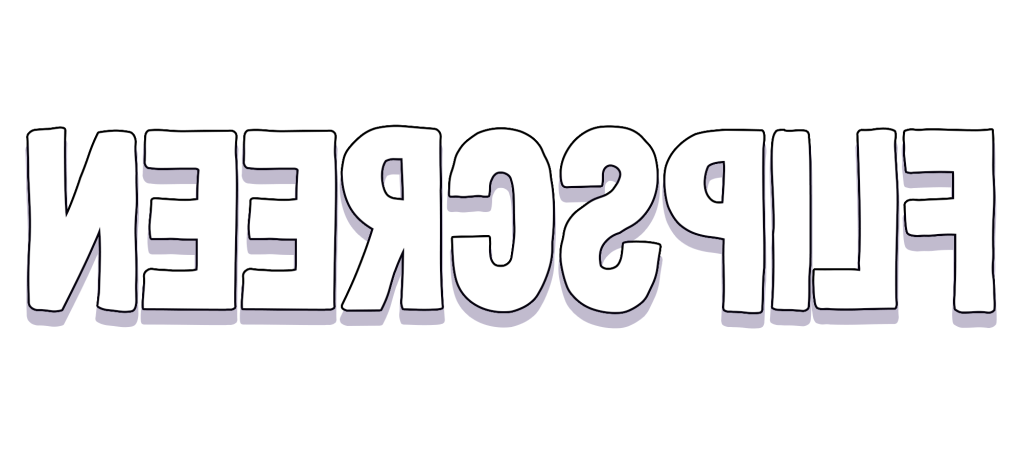Welcome to Top of the Docs, Flip Screen’s hub for all things documentary. This weekly column takes a look at the crème de la crème of non-fiction media, with each month tending to focus on a particular theme. This month we are focusing on the films of Kazuo Hara!
The aftereffects of war are quite difficult to comprehend unless you yourself have had to recover from them. Following the Second World War, Japan underwent a period of massive societal change, with the Emperor’s status demoted to one without political power in 1947 after a period of populist nationalism under his rule and the influence of Army Party founder Sadao Araki. Rumours circulated about what had happened during the war, but few actually spoke out. The Emperor’s Naked Army Marches On follows Kenzo Okuzaki, a sixty-two-year-old veteran, who took part in Japan’s campaign in New Guinea during World War Two. After learning of the unexplained deaths of two men from his old unit, Okuzaki searches out those he believes responsible.
Okuzaki is an incredible documentary subject. Famously stating “Violence is my forte,” he often insults – and even sometimes physically attacks – those he is interviewing/interrogating. His visceral on-screen persona is captured by Hara as a man that is absolutely focused in his objectives rather than being somewhat unhinged. Okuzaki understands that overall what happened to the two men was the fault of Emperor Hirohito, the man he holds accountable for all of the suffering during the war, however for now he must look for a more attainable target. Okuzaki wants not only answers as to what happened to the men, but vengeance for it.
Okuzaki’s treatment of his interviewees is something Hara uses to make us reckon with the complicity present between us as the viewer, Hara as the filmmaker, and Okuzaki as the interviewer. He himself may be comfortable with violence, but what of Hara behind the camera? And what is our stance as the spectator? This ingenious interplay allows us to consider Okuzaki’s own brand of justice, while also exploring what our own might be.
Nonetheless, Hara allows Okuzaki to use his camera as a vessel with which to lay bare the grisly crimes committed by the Japanese forces in New Guinea, both against their own soldiers and the country’s Indigenous population. The Emperor’s Naked Army Marches On, much like Extreme Private Eros is a film that allows its subject to deliver a message which although shown through Hara’s perspective, feels almost undiluted.
Okuzaki is a man who, as we see time and time again in the film, is determined to expose the atrocities of war, dispelling the romantic image that film often gives it. The Emperor’s Naked Army Marches On is held up as one of the most influential documentaries of all time, and this is partly down to the way in which Hara allows his subject to deliver that message in a way he sees fit, without intervention. It is a film of two sides, one of biting political criticism of the treatment of Japanese soldiers during the war, and the other exploring the ethics of documentary filmmaking itself, how far should one let a subject go to deliver their message? The only way to truly decide is to watch Hara’s film.
Header image courtesy of Second Run


Leave a comment